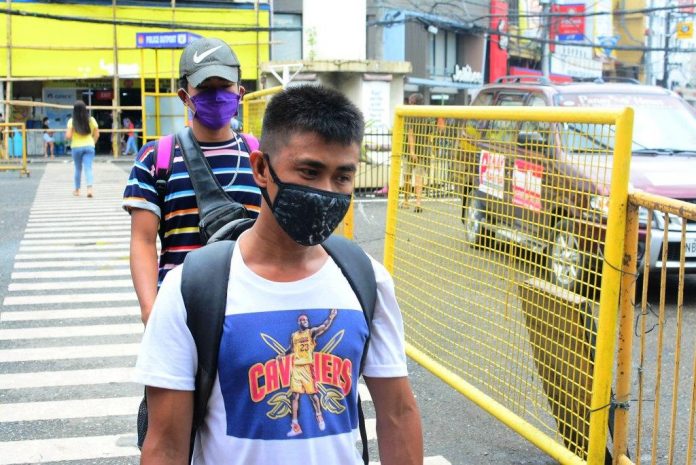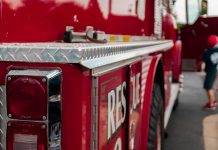
ILOILO City – Disposable facemask, as its name implies, is not reusable.
It must be safely thrown away after use, stressed the Department of Health (DOH) Region 6.
Disposable or surgical facemasks may reduce by 85 percent the spread of pathogens released by the wearer through talking, coughing or sneezing, said Dr. Marie Jocelyn Te, medical officer for emerging and reemerging infectious diseases of DOH-6, citing studies.
Because this kind of mask retains some respiratory droplets that may contain pathogens, this must not be recycled, she stressed.
“At most eight hours lang ang usar. After that, change your facemask, especially if you have runny nose or coughing,” said Te.
As to facemasks made of washable fabric, Te said these must be washed every day after use.
They should be dried under the sun, sanitized or ironed before reuse, she stressed.
The World Health Organization initially suggested facemasks were not useful in stopping the spread of the virus which causes the coronavirus disease 2019 (COVID-19). However, it now recommends face coverings in indoor spaces and when social distancing is not possible.
Latest scientific advice has been shifting in favor of masks as evidence emerges that SARS-CoV-2, the coronavirus that causes COVID-19, may be airborne and could spread via tiny particles suspended in the air as well as larger droplets from coughs or sneezes.
Wearing a mask is just one measure, along with handwashing and social distancing, to try to contain COVID-19.
Te said it is a must for healthcare workers and frontliners to wear facemasks. For those caring COVID-19-positive cases, she suggested N95 facemask – a particulate-filtering facepiece respirator that meets the filtration rating of the US National Institute for Occupational Safety and Health. It filters at least 95 percent of airborne particles./PN





